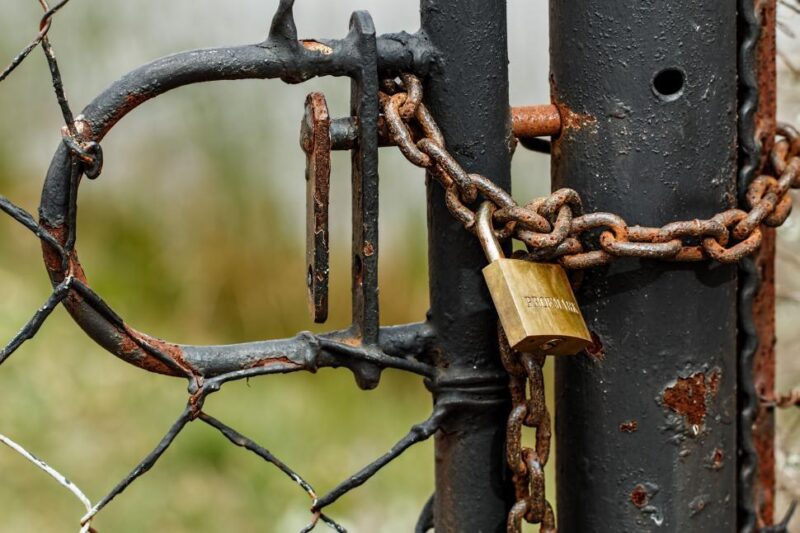Last week, just as people in Valletta were celebrating the arrival on our shores of St Paul, another person who landed on our shores was unwillingly removed from our midst.
The story of Kusi sheds light on the harsh realities faced by many. In a world rife with complexities and contradictions, one of the starkest injustices lies in the treatment of migrants who are violently uprooted from a place they have settled in and call home.
Kusi arrived in Malta seeking asylum, hoping for safety and the chance to build a better future. Despite being denied asylum, he was permitted to work, contributing his skills to our society.
Notwithstanding his limited rights and opportunities, Kusi managed to finance his studies, eventually establishing a thriving business. For years, he toiled, paying his dues and earning his right to be here, only to have his dreams shattered when he was abruptly arrested and sent back to Ghana.
His story is not unique, and this fate is shared by many others.
Furthermore, children born to failed asylum seekers often lack proper documentation, leaving them in many cases stateless and devoid of essential social protection.
Raised in Malta, these children are fully integrated into our communities, speak Maltese, and know of no other place they can call home. Through no fault of their own, they face insurmountable barriers to building a future.
Some may argue that these individuals are to blame for their situation, given that they did not follow the proper legal channels. But can we truly justify such harsh consequences for simply seeking safety and opportunity?
Isn’t it hypocritical to turn our backs on those who are already here and have been contributing to the country’s development while we actively encourage the exploitation of “imported” workers? Isn’t it counterproductive? Isn’t it unfair?
In all this, it is clear, that whilst the respect of the law is important for security and stability, its application in cases like these reeks of injustice. While we are quick to offer forgiveness in other areas, it seems that for people like Kusi, there is an original sin which cannot be wiped away.
It is clear that while respect of the law is important for security and stability, its application in cases like these reeks of injustice. While we are quick to offer forgiveness in other areas, it seems that for people like Kusi, there is an original sin that cannot be wiped away.
Take, for instance, the rampant illegalities in the construction sector, where numerous regularisation schemes have been enacted to sanction properties that would have otherwise been considered illegal and therefore unsellable. If we are so lenient in this sector, why is there no possibility of redemption for those who are part of our communities and who contribute positively to our society?
Or is real estate of higher value to our society than the life of a human being? Not to mention the contribution that person is making to our economy and our society.
Moving forward, it’s imperative to adopt a just and equitable approach — one that recognises the humanity and invaluable contributions of migrants like Kusi.
This entails establishing clear pathways to legal status and citizenship for long-term residents who have demonstrated their sense of belonging to our nation. Their commitment far surpasses that of individuals who merely make a monetary investment and set foot in Malta fleetingly to collect their European passport “by investment”.
A just approach means ensuring that children born in Malta to unsuccessful asylum seekers are not condemned to a life of statelessness and insecurity. After all, the measure of a society is found not in its adherence to the letter of the law but in how it treats the most vulnerable.
Let us choose compassion over cruelty, empathy over indifference, and justice over policies which dehumanise and push people into illegality. Only then can we truly claim to be a society that upholds the values of fairness and equality for all.
Daniel Darmanin
President of the Justice and Peace Commission
This article first appeared in the Sunday Times of Malta (03/03/2024)



